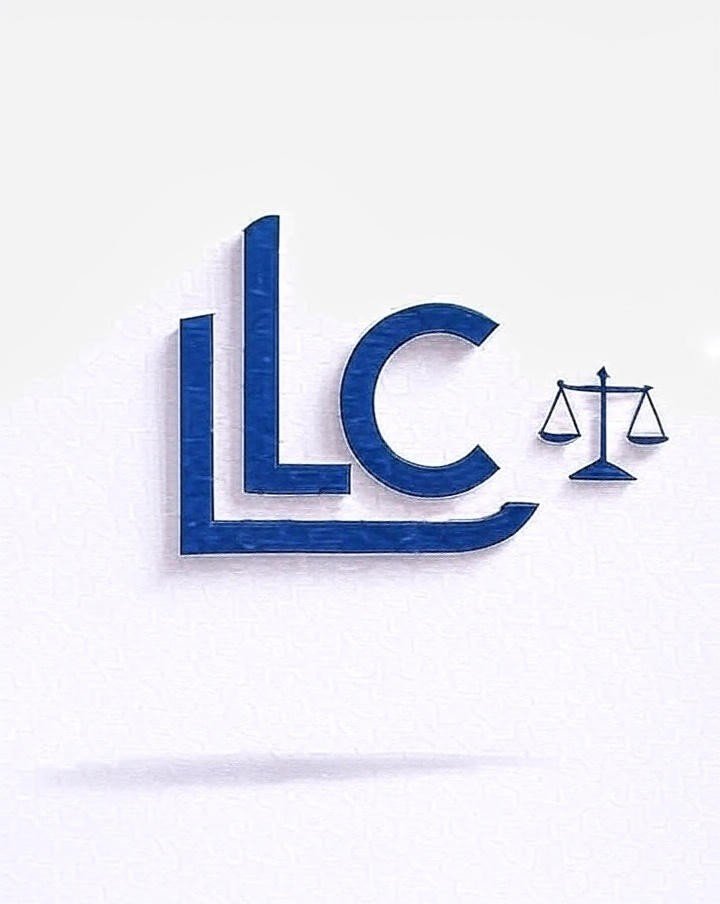When Can a Complaint Be Made Under the Consumer Protection Act?
In India, the Consumer Protection Act, 2019 provides a comprehensive legal framework for the protection of consumer rights. Consumers who face unfair practices, defective goods, or deficient services are entitled to seek redressal through the designated Consumer Disputes Redressal Agencies. These agencies include District Consumer Forums, State Commissions, and the National Commission. However, before filing a complaint, consumers need to understand when and under what circumstances they can lodge a grievance.
Grounds for Filing a Consumer Complaint
Under the Consumer Protection Act, complaints can be filed under the following circumstances:
- Unfair or Restrictive Trade Practices:
- If a consumer has suffered a loss or damage due to the unfair or restrictive trade practices of a trader or service provider, they can file a complaint. Unfair trade practices may include false advertising, misleading claims, or providing substandard goods or services. These practices harm consumer interests and mislead the public.
- Defective Goods:
- If a consumer purchases goods that are defective, they have the right to file a complaint. A product is considered defective when it fails to meet the quality, quantity, potency, or standard that was promised by the seller or specified in the contract. This also includes goods that do not match the description or labeling provided by the manufacturer or seller.
- Deficient Services:
- If the services availed by the consumer suffer from any deficiency, such as delayed or poor-quality services, the consumer can file a complaint. A service is deemed deficient if it does not meet the agreed-upon terms or lacks the expected standards.
- Overcharging or Excessive Pricing:
- A complaint can be made if a trader or service provider charges a price that exceeds the stipulated price or violates the Price Control Regulations. This can include instances of exorbitant pricing for goods and services that are being offered to the consumer.
- Hazardous Goods or Services:
- When goods or services offered for sale are hazardous to life or safety when used, they fall under a violation of consumer rights. Consumers can file complaints against manufacturers, service providers, or traders who knowingly sell unsafe products or offer unsafe services that pose a risk to consumers’ well-being.
Who Can File a Complaint?
The Consumer Protection Act allows several entities to file complaints on behalf of the affected consumers. The following individuals and organizations are empowered to file a complaint:
- Any Consumer:
- The primary complainant is the consumer who is directly affected by the defective product, deficient service, unfair trade practice, or any other violation of their rights. A consumer is defined as any person who purchases goods or avails of services for personal use or for self-employment, and not for resale or commercial purposes.
- Voluntary Consumer Associations:
- Voluntary consumer associations can file complaints on behalf of consumers. These associations are organizations that represent consumer interests and work to safeguard consumer rights. If a consumer does not wish to personally file a complaint, these associations can step in to represent their interests.
- Central or State Government:
- The Central Government or State Government can file a complaint on behalf of a consumer or group of consumers, especially in cases where public interest or the welfare of a larger community is at stake. The government may intervene if there are violations of laws that affect a large number of consumers.
- Multiple Consumers with Common Interest:
- If there are multiple consumers who have the same interest or have been similarly affected by a defect or deficiency in goods or services, they can file a joint complaint. This could include a group of flat buyers facing issues with a builder or consumers facing the same problem with a product or service provider. The law allows such complaints to be filed collectively to expedite the legal process.
- Legal Heirs or Representatives in Case of Death:
- In the unfortunate event of a consumer’s death, their legal heir or representative can file a complaint on their behalf. This ensures that the consumer’s family or estate is compensated or the issue is resolved posthumously if the consumer was harmed by defective goods or deficient services.
Procedure for Filing a Consumer Complaint
Once a consumer identifies a grievance and determines they have grounds for a complaint, the process of filing a complaint can be initiated as follows:
- Determine the Forum: Based on the value of the goods or services in dispute, the complaint should be filed in the appropriate Consumer Disputes Redressal Forum:
- District Forum: For claims up to ₹20 lakh.
- State Commission: For claims between ₹20 lakh and ₹1 crore.
- National Commission: For claims exceeding ₹1 crore.
- Submit the Complaint: The complaint must be submitted in writing, clearly stating the nature of the complaint, the facts, and the relief sought (such as compensation, repair, replacement, or refund). Supporting documents like purchase receipts, invoices, warranties, and photographs (if applicable) should be attached.
- Filing Fees: A nominal fee is usually required to file a complaint, which varies depending on the value of the claim. The fee can be paid by cash, demand draft, or electronic means.
- Hearing and Resolution: Once the complaint is accepted, a hearing will be scheduled, where both parties (consumer and the trader/service provider) will present their arguments and evidence. The forum will issue an order based on the merits of the case.
- Appeal Process: If either party is dissatisfied with the decision, they can appeal to the higher forums (State Commission or National Commission) within a stipulated time.
Conclusion
The Consumer Protection Act provides a vital mechanism for addressing consumer grievances in India. It ensures that consumers who suffer losses or harm due to unfair trade practices, defective goods, deficient services, or hazardous products can seek legal recourse. Any consumer or consumer representative can file a complaint, and the law offers a three-tiered dispute resolution system to ensure timely redressal.
If you have been wronged as a consumer and need legal assistance, Legal Light Consulting is here to help. Our team of expert consumer protection lawyers specializes in filing consumer cases, drafting consumer legal notices, and guiding you through the entire process of seeking redressal. Contact us today to secure your consumer rights and get the justice you deserve.







